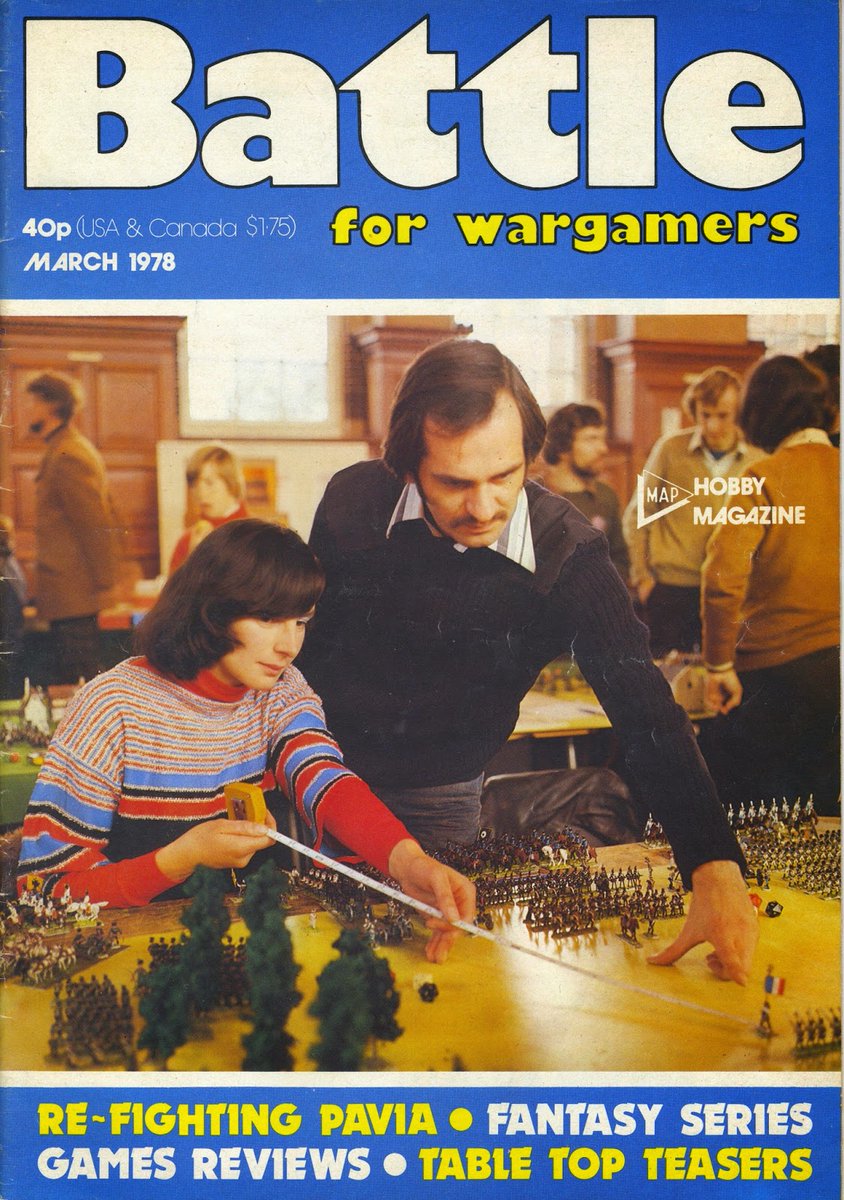How should you deal with online trolls? It& #39;s a tricky issue and everyone has their own approach.
But can the science of game theory give us any insights into handling trolls? Well let& #39;s try and find out... #SundayThoughts
But can the science of game theory give us any insights into handling trolls? Well let& #39;s try and find out... #SundayThoughts
Game theory is the study of mathematical models of strategic interaction among rational decision-makers. It was developed by John Nash and John von Neumann as a way to model both conflict and cooperation between players who are striving to maximise their outcomes.
Game Theory usually reduces a complex situation into a simpler & #39;toy game& #39;, ascribing different points for different decisions made by players based on how these maximise or minimise the utility value from their decisions.
We can imagine a Twitter as a kind of non-cooperative game, one in which there is no external authority to establish rules which enforcing cooperative behavior. Individual actions and reactions decide if or when cooperation happens between players.
Dealing with trolls on Twitter can also be seen as a form of hawk-dove game, where one player is forced to yield to the other but tries to avoid this out of pride. It& #39;s more commonly known as playing & #39;Chicken& #39;.
So can we use game theory to model the outcomes of dealing with Twitter trolls by treating it as a non-cooperation hawk-dove game?
We& #39;ll have to make a number of simplifications and assumptions, but let& #39;s see..
We& #39;ll have to make a number of simplifications and assumptions, but let& #39;s see..
Let& #39;s call our model game the Troll Game. It has two players: the Tweeter (represented by  https://abs.twimg.com/emoji/v2/... draggable="false" alt="🤔" title="Denkendes Gesicht" aria-label="Emoji: Denkendes Gesicht">) and the Troll (represented by
https://abs.twimg.com/emoji/v2/... draggable="false" alt="🤔" title="Denkendes Gesicht" aria-label="Emoji: Denkendes Gesicht">) and the Troll (represented by  https://abs.twimg.com/emoji/v2/... draggable="false" alt="👿" title="Teufelchen" aria-label="Emoji: Teufelchen">).
https://abs.twimg.com/emoji/v2/... draggable="false" alt="👿" title="Teufelchen" aria-label="Emoji: Teufelchen">).
Each round of the game starts with a move by https://abs.twimg.com/emoji/v2/... draggable="false" alt="🤔" title="Denkendes Gesicht" aria-label="Emoji: Denkendes Gesicht"> , followed by a countermove by
https://abs.twimg.com/emoji/v2/... draggable="false" alt="🤔" title="Denkendes Gesicht" aria-label="Emoji: Denkendes Gesicht"> , followed by a countermove by  https://abs.twimg.com/emoji/v2/... draggable="false" alt="👿" title="Teufelchen" aria-label="Emoji: Teufelchen">.
https://abs.twimg.com/emoji/v2/... draggable="false" alt="👿" title="Teufelchen" aria-label="Emoji: Teufelchen">.
Each round of the game starts with a move by
- tweet something inoffensive (TI)
- tweet something controversial (TC)
- do not tweet (DNT)
- block the Troll (BTT)
TC is defined as a tweet that
We can now group  https://abs.twimg.com/emoji/v2/... draggable="false" alt="🤔" title="Denkendes Gesicht" aria-label="Emoji: Denkendes Gesicht">& #39;s four moves into two game plays:
https://abs.twimg.com/emoji/v2/... draggable="false" alt="🤔" title="Denkendes Gesicht" aria-label="Emoji: Denkendes Gesicht">& #39;s four moves into two game plays:
- https://abs.twimg.com/emoji/v2/... draggable="false" alt="🤔" title="Denkendes Gesicht" aria-label="Emoji: Denkendes Gesicht"> play DOVE (TI or DNT)
https://abs.twimg.com/emoji/v2/... draggable="false" alt="🤔" title="Denkendes Gesicht" aria-label="Emoji: Denkendes Gesicht"> play DOVE (TI or DNT)
- https://abs.twimg.com/emoji/v2/... draggable="false" alt="🤔" title="Denkendes Gesicht" aria-label="Emoji: Denkendes Gesicht"> play HAWK (TC or BTT)
https://abs.twimg.com/emoji/v2/... draggable="false" alt="🤔" title="Denkendes Gesicht" aria-label="Emoji: Denkendes Gesicht"> play HAWK (TC or BTT)
In the first round of the Troll Game https://abs.twimg.com/emoji/v2/... draggable="false" alt="🤔" title="Denkendes Gesicht" aria-label="Emoji: Denkendes Gesicht"> must play either TI or TC, otherwise
https://abs.twimg.com/emoji/v2/... draggable="false" alt="🤔" title="Denkendes Gesicht" aria-label="Emoji: Denkendes Gesicht"> must play either TI or TC, otherwise  https://abs.twimg.com/emoji/v2/... draggable="false" alt="👿" title="Teufelchen" aria-label="Emoji: Teufelchen"> cannot countermove.
https://abs.twimg.com/emoji/v2/... draggable="false" alt="👿" title="Teufelchen" aria-label="Emoji: Teufelchen"> cannot countermove.
-
-
In the first round of the Troll Game
- tweet something inoffensive (TI)
- tweet something controversial (TC)
- do not tweet (DNT)
However
Now we can group  https://abs.twimg.com/emoji/v2/... draggable="false" alt="👿" title="Teufelchen" aria-label="Emoji: Teufelchen">& #39;s four moves into two Troll game plays:
https://abs.twimg.com/emoji/v2/... draggable="false" alt="👿" title="Teufelchen" aria-label="Emoji: Teufelchen">& #39;s four moves into two Troll game plays:
- https://abs.twimg.com/emoji/v2/... draggable="false" alt="👿" title="Teufelchen" aria-label="Emoji: Teufelchen"> play DOVE (TI or DNT)
https://abs.twimg.com/emoji/v2/... draggable="false" alt="👿" title="Teufelchen" aria-label="Emoji: Teufelchen"> play DOVE (TI or DNT)
- https://abs.twimg.com/emoji/v2/... draggable="false" alt="👿" title="Teufelchen" aria-label="Emoji: Teufelchen"> play HAWK (TC or PO)
https://abs.twimg.com/emoji/v2/... draggable="false" alt="👿" title="Teufelchen" aria-label="Emoji: Teufelchen"> play HAWK (TC or PO)
The round ends when https://abs.twimg.com/emoji/v2/... draggable="false" alt="👿" title="Teufelchen" aria-label="Emoji: Teufelchen"> makes their countermove. Even if
https://abs.twimg.com/emoji/v2/... draggable="false" alt="👿" title="Teufelchen" aria-label="Emoji: Teufelchen"> makes their countermove. Even if  https://abs.twimg.com/emoji/v2/... draggable="false" alt="👿" title="Teufelchen" aria-label="Emoji: Teufelchen"> sends multiple tweets the next round doesn& #39;t start until
https://abs.twimg.com/emoji/v2/... draggable="false" alt="👿" title="Teufelchen" aria-label="Emoji: Teufelchen"> sends multiple tweets the next round doesn& #39;t start until  https://abs.twimg.com/emoji/v2/... draggable="false" alt="🤔" title="Denkendes Gesicht" aria-label="Emoji: Denkendes Gesicht"> makes their follow-up move.
https://abs.twimg.com/emoji/v2/... draggable="false" alt="🤔" title="Denkendes Gesicht" aria-label="Emoji: Denkendes Gesicht"> makes their follow-up move.
-
-
The round ends when
The Troll Game continues round after round until:
- both https://abs.twimg.com/emoji/v2/... draggable="false" alt="🤔" title="Denkendes Gesicht" aria-label="Emoji: Denkendes Gesicht"> and
https://abs.twimg.com/emoji/v2/... draggable="false" alt="🤔" title="Denkendes Gesicht" aria-label="Emoji: Denkendes Gesicht"> and  https://abs.twimg.com/emoji/v2/... draggable="false" alt="👿" title="Teufelchen" aria-label="Emoji: Teufelchen"> play a DOVE move, or;
https://abs.twimg.com/emoji/v2/... draggable="false" alt="👿" title="Teufelchen" aria-label="Emoji: Teufelchen"> play a DOVE move, or;
- https://abs.twimg.com/emoji/v2/... draggable="false" alt="🤔" title="Denkendes Gesicht" aria-label="Emoji: Denkendes Gesicht"> blocks
https://abs.twimg.com/emoji/v2/... draggable="false" alt="🤔" title="Denkendes Gesicht" aria-label="Emoji: Denkendes Gesicht"> blocks  https://abs.twimg.com/emoji/v2/... draggable="false" alt="👿" title="Teufelchen" aria-label="Emoji: Teufelchen">, or;
https://abs.twimg.com/emoji/v2/... draggable="false" alt="👿" title="Teufelchen" aria-label="Emoji: Teufelchen">, or;
- https://abs.twimg.com/emoji/v2/... draggable="false" alt="🤔" title="Denkendes Gesicht" aria-label="Emoji: Denkendes Gesicht"> gives up and stops tweeting.
https://abs.twimg.com/emoji/v2/... draggable="false" alt="🤔" title="Denkendes Gesicht" aria-label="Emoji: Denkendes Gesicht"> gives up and stops tweeting.
Then the game ends. We score each round and decide who won the game overall.
- both
-
-
Then the game ends. We score each round and decide who won the game overall.
So how do we score the Troll game? Well we decide the utility value each move is worth for each player, based on what  https://abs.twimg.com/emoji/v2/... draggable="false" alt="🤔" title="Denkendes Gesicht" aria-label="Emoji: Denkendes Gesicht"> and
https://abs.twimg.com/emoji/v2/... draggable="false" alt="🤔" title="Denkendes Gesicht" aria-label="Emoji: Denkendes Gesicht"> and  https://abs.twimg.com/emoji/v2/... draggable="false" alt="👿" title="Teufelchen" aria-label="Emoji: Teufelchen"> are hoping to achieve.
https://abs.twimg.com/emoji/v2/... draggable="false" alt="👿" title="Teufelchen" aria-label="Emoji: Teufelchen"> are hoping to achieve.
This leads to two possible versions of the game...
This leads to two possible versions of the game...
Let& #39;s call the first version & #39;Quiet Life.& #39;  https://abs.twimg.com/emoji/v2/... draggable="false" alt="🤔" title="Denkendes Gesicht" aria-label="Emoji: Denkendes Gesicht"> simply wants to tweet without being trolled by
https://abs.twimg.com/emoji/v2/... draggable="false" alt="🤔" title="Denkendes Gesicht" aria-label="Emoji: Denkendes Gesicht"> simply wants to tweet without being trolled by  https://abs.twimg.com/emoji/v2/... draggable="false" alt="👿" title="Teufelchen" aria-label="Emoji: Teufelchen">, or without acting like a troll themselves:
https://abs.twimg.com/emoji/v2/... draggable="false" alt="👿" title="Teufelchen" aria-label="Emoji: Teufelchen">, or without acting like a troll themselves:
- if https://abs.twimg.com/emoji/v2/... draggable="false" alt="🤔" title="Denkendes Gesicht" aria-label="Emoji: Denkendes Gesicht"> plays DOVE they win 1 point.
https://abs.twimg.com/emoji/v2/... draggable="false" alt="🤔" title="Denkendes Gesicht" aria-label="Emoji: Denkendes Gesicht"> plays DOVE they win 1 point.
- if https://abs.twimg.com/emoji/v2/... draggable="false" alt="🤔" title="Denkendes Gesicht" aria-label="Emoji: Denkendes Gesicht"> plays HAWK they win no points.
https://abs.twimg.com/emoji/v2/... draggable="false" alt="🤔" title="Denkendes Gesicht" aria-label="Emoji: Denkendes Gesicht"> plays HAWK they win no points.
Basically https://abs.twimg.com/emoji/v2/... draggable="false" alt="🤔" title="Denkendes Gesicht" aria-label="Emoji: Denkendes Gesicht"> strongly dislikes conflict!
https://abs.twimg.com/emoji/v2/... draggable="false" alt="🤔" title="Denkendes Gesicht" aria-label="Emoji: Denkendes Gesicht"> strongly dislikes conflict!
- if
- if
Basically
Now we compute how different strategies work out for  https://abs.twimg.com/emoji/v2/... draggable="false" alt="🤔" title="Denkendes Gesicht" aria-label="Emoji: Denkendes Gesicht"> playing the & #39;Quiet Life& #39; game.
https://abs.twimg.com/emoji/v2/... draggable="false" alt="🤔" title="Denkendes Gesicht" aria-label="Emoji: Denkendes Gesicht"> playing the & #39;Quiet Life& #39; game.
Well iit& #39;s bad news: they only win 50% of single round games by playing DOVE and lose all multi-round games. Most strategies leave https://abs.twimg.com/emoji/v2/... draggable="false" alt="👿" title="Teufelchen" aria-label="Emoji: Teufelchen"> winning the game on points!
https://abs.twimg.com/emoji/v2/... draggable="false" alt="👿" title="Teufelchen" aria-label="Emoji: Teufelchen"> winning the game on points!
Well iit& #39;s bad news: they only win 50% of single round games by playing DOVE and lose all multi-round games. Most strategies leave
Now let& #39;s play a different version of the Troll Game, one we will call & #39;Right To Speak& #39;. Here  https://abs.twimg.com/emoji/v2/... draggable="false" alt="🤔" title="Denkendes Gesicht" aria-label="Emoji: Denkendes Gesicht"> wants to say what they really think and will deal with
https://abs.twimg.com/emoji/v2/... draggable="false" alt="🤔" title="Denkendes Gesicht" aria-label="Emoji: Denkendes Gesicht"> wants to say what they really think and will deal with  https://abs.twimg.com/emoji/v2/... draggable="false" alt="👿" title="Teufelchen" aria-label="Emoji: Teufelchen"> if and when they reply.
https://abs.twimg.com/emoji/v2/... draggable="false" alt="👿" title="Teufelchen" aria-label="Emoji: Teufelchen"> if and when they reply.
In this version we score a bit differently...
In this version we score a bit differently...
In & #39;Right To Speak& #39;:
- if https://abs.twimg.com/emoji/v2/... draggable="false" alt="🤔" title="Denkendes Gesicht" aria-label="Emoji: Denkendes Gesicht"> plays DOVE they still win 1 point.
https://abs.twimg.com/emoji/v2/... draggable="false" alt="🤔" title="Denkendes Gesicht" aria-label="Emoji: Denkendes Gesicht"> plays DOVE they still win 1 point.
- but if https://abs.twimg.com/emoji/v2/... draggable="false" alt="🤔" title="Denkendes Gesicht" aria-label="Emoji: Denkendes Gesicht"> plays HAWK they also win 1 point.
https://abs.twimg.com/emoji/v2/... draggable="false" alt="🤔" title="Denkendes Gesicht" aria-label="Emoji: Denkendes Gesicht"> plays HAWK they also win 1 point.
Avoiding https://abs.twimg.com/emoji/v2/... draggable="false" alt="👿" title="Teufelchen" aria-label="Emoji: Teufelchen"> is no longer a neutral outcome for
https://abs.twimg.com/emoji/v2/... draggable="false" alt="👿" title="Teufelchen" aria-label="Emoji: Teufelchen"> is no longer a neutral outcome for  https://abs.twimg.com/emoji/v2/... draggable="false" alt="🤔" title="Denkendes Gesicht" aria-label="Emoji: Denkendes Gesicht"> in this game.
https://abs.twimg.com/emoji/v2/... draggable="false" alt="🤔" title="Denkendes Gesicht" aria-label="Emoji: Denkendes Gesicht"> in this game.
 https://abs.twimg.com/emoji/v2/... draggable="false" alt="👿" title="Teufelchen" aria-label="Emoji: Teufelchen"> Is scored the same as in & #39;Quiet Life& #39;: 2 points for HAWK and no points for DOVE.
https://abs.twimg.com/emoji/v2/... draggable="false" alt="👿" title="Teufelchen" aria-label="Emoji: Teufelchen"> Is scored the same as in & #39;Quiet Life& #39;: 2 points for HAWK and no points for DOVE.
- if
- but if
Avoiding
Now we calculate the game and we find something interesting:
- if https://abs.twimg.com/emoji/v2/... draggable="false" alt="🤔" title="Denkendes Gesicht" aria-label="Emoji: Denkendes Gesicht"> plays either HAWK or DOVE in round 1 and then plays BTT in round 2 the game always ends in a draw.
https://abs.twimg.com/emoji/v2/... draggable="false" alt="🤔" title="Denkendes Gesicht" aria-label="Emoji: Denkendes Gesicht"> plays either HAWK or DOVE in round 1 and then plays BTT in round 2 the game always ends in a draw.
- if https://abs.twimg.com/emoji/v2/... draggable="false" alt="🤔" title="Denkendes Gesicht" aria-label="Emoji: Denkendes Gesicht"> plays any other move in round 2 then
https://abs.twimg.com/emoji/v2/... draggable="false" alt="🤔" title="Denkendes Gesicht" aria-label="Emoji: Denkendes Gesicht"> plays any other move in round 2 then  https://abs.twimg.com/emoji/v2/... draggable="false" alt="👿" title="Teufelchen" aria-label="Emoji: Teufelchen"> always wins on points.
https://abs.twimg.com/emoji/v2/... draggable="false" alt="👿" title="Teufelchen" aria-label="Emoji: Teufelchen"> always wins on points.
- if
- if
So, based on these examples, game theory suggests that  https://abs.twimg.com/emoji/v2/... draggable="false" alt="🤔" title="Denkendes Gesicht" aria-label="Emoji: Denkendes Gesicht"> should:
https://abs.twimg.com/emoji/v2/... draggable="false" alt="🤔" title="Denkendes Gesicht" aria-label="Emoji: Denkendes Gesicht"> should:
- always play the & #39;Right To Speak& #39; version of the Troll game.
- should always block https://abs.twimg.com/emoji/v2/... draggable="false" alt="👿" title="Teufelchen" aria-label="Emoji: Teufelchen"> as soon as
https://abs.twimg.com/emoji/v2/... draggable="false" alt="👿" title="Teufelchen" aria-label="Emoji: Teufelchen"> as soon as  https://abs.twimg.com/emoji/v2/... draggable="false" alt="👿" title="Teufelchen" aria-label="Emoji: Teufelchen"> plays a hawk move.
https://abs.twimg.com/emoji/v2/... draggable="false" alt="👿" title="Teufelchen" aria-label="Emoji: Teufelchen"> plays a hawk move.
- always play the & #39;Right To Speak& #39; version of the Troll game.
- should always block

 Read on Twitter
Read on Twitter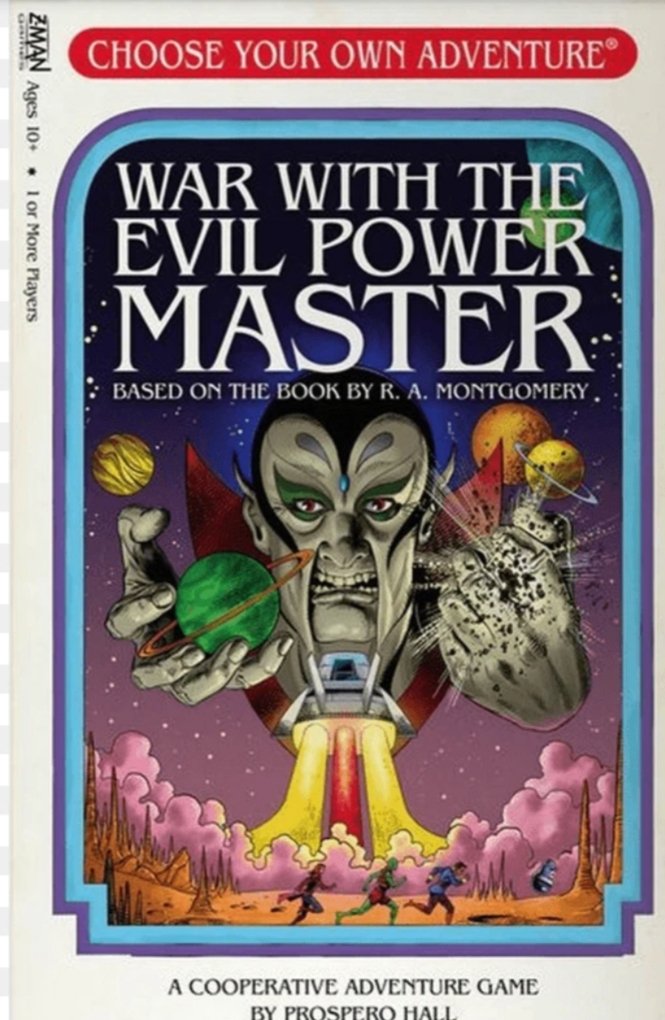
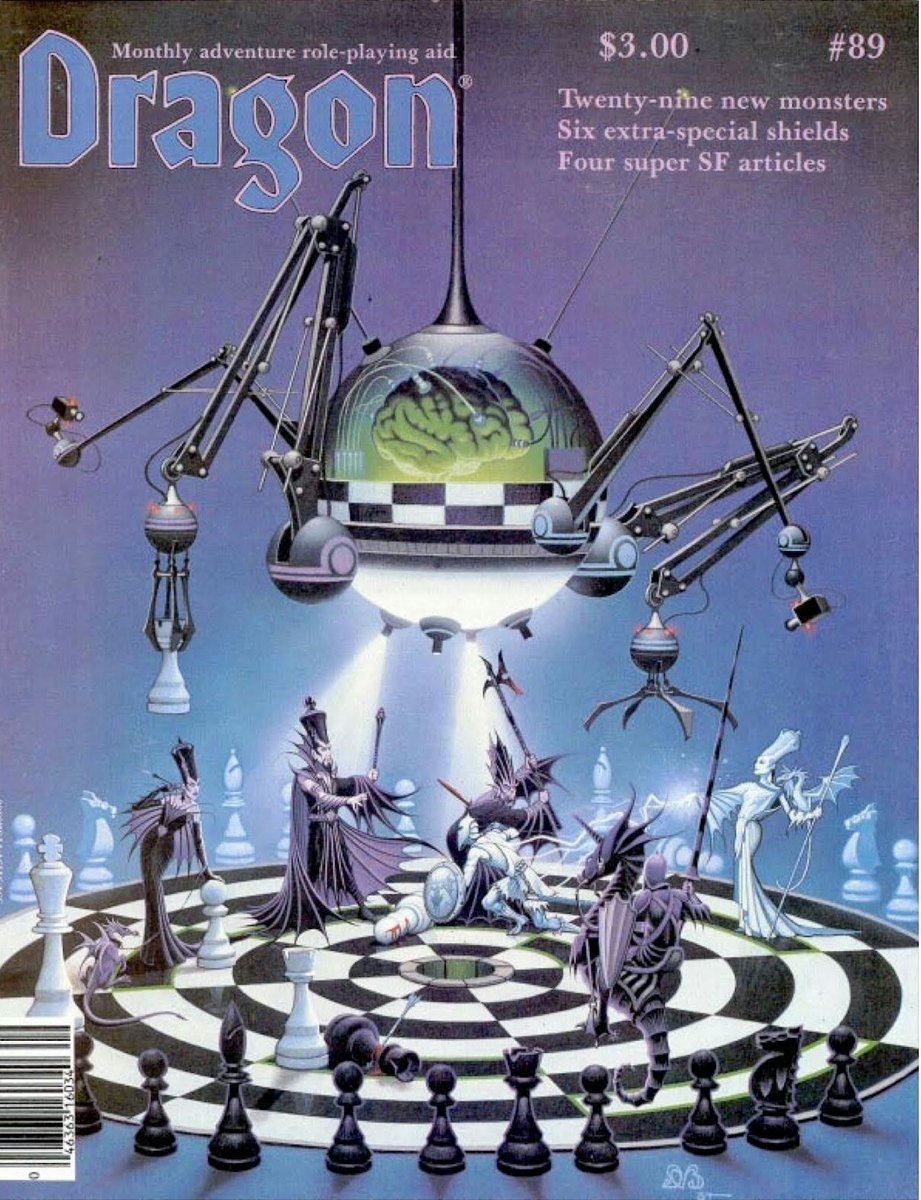


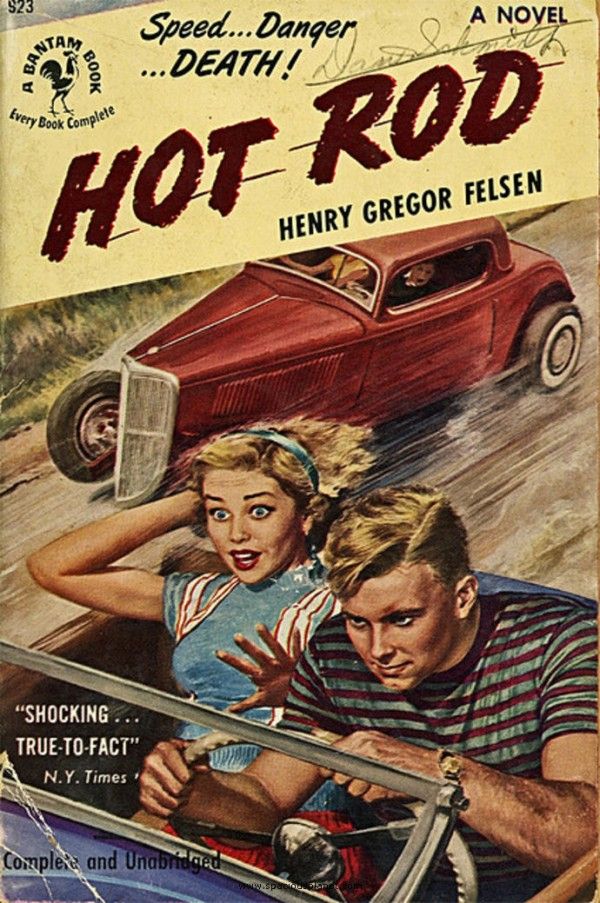
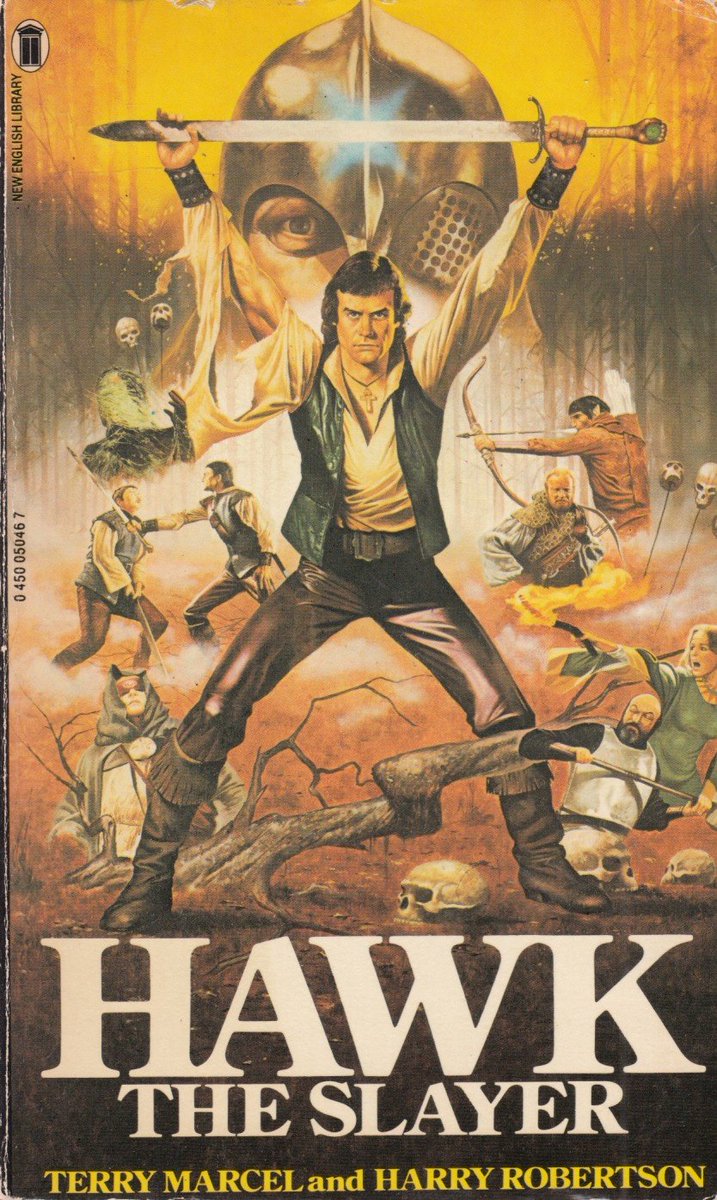
 ) and the Troll (represented by https://abs.twimg.com/emoji/v2/... draggable="false" alt="👿" title="Teufelchen" aria-label="Emoji: Teufelchen">).Each round of the game starts with a move by https://abs.twimg.com/emoji/v2/... draggable="false" alt="🤔" title="Denkendes Gesicht" aria-label="Emoji: Denkendes Gesicht"> , followed by a countermove by https://abs.twimg.com/emoji/v2/... draggable="false" alt="👿" title="Teufelchen" aria-label="Emoji: Teufelchen">." title="Let& #39;s call our model game the Troll Game. It has two players: the Tweeter (represented by https://abs.twimg.com/emoji/v2/... draggable="false" alt="🤔" title="Denkendes Gesicht" aria-label="Emoji: Denkendes Gesicht">) and the Troll (represented by https://abs.twimg.com/emoji/v2/... draggable="false" alt="👿" title="Teufelchen" aria-label="Emoji: Teufelchen">).Each round of the game starts with a move by https://abs.twimg.com/emoji/v2/... draggable="false" alt="🤔" title="Denkendes Gesicht" aria-label="Emoji: Denkendes Gesicht"> , followed by a countermove by https://abs.twimg.com/emoji/v2/... draggable="false" alt="👿" title="Teufelchen" aria-label="Emoji: Teufelchen">." class="img-responsive" style="max-width:100%;"/>
) and the Troll (represented by https://abs.twimg.com/emoji/v2/... draggable="false" alt="👿" title="Teufelchen" aria-label="Emoji: Teufelchen">).Each round of the game starts with a move by https://abs.twimg.com/emoji/v2/... draggable="false" alt="🤔" title="Denkendes Gesicht" aria-label="Emoji: Denkendes Gesicht"> , followed by a countermove by https://abs.twimg.com/emoji/v2/... draggable="false" alt="👿" title="Teufelchen" aria-label="Emoji: Teufelchen">." title="Let& #39;s call our model game the Troll Game. It has two players: the Tweeter (represented by https://abs.twimg.com/emoji/v2/... draggable="false" alt="🤔" title="Denkendes Gesicht" aria-label="Emoji: Denkendes Gesicht">) and the Troll (represented by https://abs.twimg.com/emoji/v2/... draggable="false" alt="👿" title="Teufelchen" aria-label="Emoji: Teufelchen">).Each round of the game starts with a move by https://abs.twimg.com/emoji/v2/... draggable="false" alt="🤔" title="Denkendes Gesicht" aria-label="Emoji: Denkendes Gesicht"> , followed by a countermove by https://abs.twimg.com/emoji/v2/... draggable="false" alt="👿" title="Teufelchen" aria-label="Emoji: Teufelchen">." class="img-responsive" style="max-width:100%;"/>
 has four possible moves in this game:- tweet something inoffensive (TI)- tweet something controversial (TC)- do not tweet (DNT)- block the Troll (BTT)TC is defined as a tweet that https://abs.twimg.com/emoji/v2/... draggable="false" alt="🤔" title="Denkendes Gesicht" aria-label="Emoji: Denkendes Gesicht"> believes will always trigger a hostile response from https://abs.twimg.com/emoji/v2/... draggable="false" alt="👿" title="Teufelchen" aria-label="Emoji: Teufelchen">." title="https://abs.twimg.com/emoji/v2/... draggable="false" alt="🤔" title="Denkendes Gesicht" aria-label="Emoji: Denkendes Gesicht"> has four possible moves in this game:- tweet something inoffensive (TI)- tweet something controversial (TC)- do not tweet (DNT)- block the Troll (BTT)TC is defined as a tweet that https://abs.twimg.com/emoji/v2/... draggable="false" alt="🤔" title="Denkendes Gesicht" aria-label="Emoji: Denkendes Gesicht"> believes will always trigger a hostile response from https://abs.twimg.com/emoji/v2/... draggable="false" alt="👿" title="Teufelchen" aria-label="Emoji: Teufelchen">." class="img-responsive" style="max-width:100%;"/>
has four possible moves in this game:- tweet something inoffensive (TI)- tweet something controversial (TC)- do not tweet (DNT)- block the Troll (BTT)TC is defined as a tweet that https://abs.twimg.com/emoji/v2/... draggable="false" alt="🤔" title="Denkendes Gesicht" aria-label="Emoji: Denkendes Gesicht"> believes will always trigger a hostile response from https://abs.twimg.com/emoji/v2/... draggable="false" alt="👿" title="Teufelchen" aria-label="Emoji: Teufelchen">." title="https://abs.twimg.com/emoji/v2/... draggable="false" alt="🤔" title="Denkendes Gesicht" aria-label="Emoji: Denkendes Gesicht"> has four possible moves in this game:- tweet something inoffensive (TI)- tweet something controversial (TC)- do not tweet (DNT)- block the Troll (BTT)TC is defined as a tweet that https://abs.twimg.com/emoji/v2/... draggable="false" alt="🤔" title="Denkendes Gesicht" aria-label="Emoji: Denkendes Gesicht"> believes will always trigger a hostile response from https://abs.twimg.com/emoji/v2/... draggable="false" alt="👿" title="Teufelchen" aria-label="Emoji: Teufelchen">." class="img-responsive" style="max-width:100%;"/>
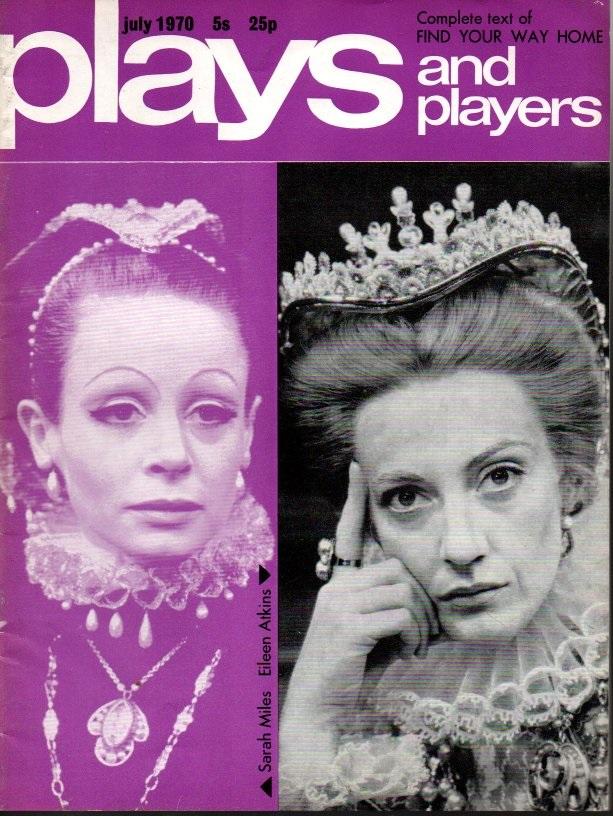 & #39;s four moves into two game plays:- https://abs.twimg.com/emoji/v2/... draggable="false" alt="🤔" title="Denkendes Gesicht" aria-label="Emoji: Denkendes Gesicht"> play DOVE (TI or DNT)- https://abs.twimg.com/emoji/v2/... draggable="false" alt="🤔" title="Denkendes Gesicht" aria-label="Emoji: Denkendes Gesicht"> play HAWK (TC or BTT)In the first round of the Troll Game https://abs.twimg.com/emoji/v2/... draggable="false" alt="🤔" title="Denkendes Gesicht" aria-label="Emoji: Denkendes Gesicht"> must play either TI or TC, otherwise https://abs.twimg.com/emoji/v2/... draggable="false" alt="👿" title="Teufelchen" aria-label="Emoji: Teufelchen"> cannot countermove." title="We can now group https://abs.twimg.com/emoji/v2/... draggable="false" alt="🤔" title="Denkendes Gesicht" aria-label="Emoji: Denkendes Gesicht">& #39;s four moves into two game plays:- https://abs.twimg.com/emoji/v2/... draggable="false" alt="🤔" title="Denkendes Gesicht" aria-label="Emoji: Denkendes Gesicht"> play DOVE (TI or DNT)- https://abs.twimg.com/emoji/v2/... draggable="false" alt="🤔" title="Denkendes Gesicht" aria-label="Emoji: Denkendes Gesicht"> play HAWK (TC or BTT)In the first round of the Troll Game https://abs.twimg.com/emoji/v2/... draggable="false" alt="🤔" title="Denkendes Gesicht" aria-label="Emoji: Denkendes Gesicht"> must play either TI or TC, otherwise https://abs.twimg.com/emoji/v2/... draggable="false" alt="👿" title="Teufelchen" aria-label="Emoji: Teufelchen"> cannot countermove." class="img-responsive" style="max-width:100%;"/>
& #39;s four moves into two game plays:- https://abs.twimg.com/emoji/v2/... draggable="false" alt="🤔" title="Denkendes Gesicht" aria-label="Emoji: Denkendes Gesicht"> play DOVE (TI or DNT)- https://abs.twimg.com/emoji/v2/... draggable="false" alt="🤔" title="Denkendes Gesicht" aria-label="Emoji: Denkendes Gesicht"> play HAWK (TC or BTT)In the first round of the Troll Game https://abs.twimg.com/emoji/v2/... draggable="false" alt="🤔" title="Denkendes Gesicht" aria-label="Emoji: Denkendes Gesicht"> must play either TI or TC, otherwise https://abs.twimg.com/emoji/v2/... draggable="false" alt="👿" title="Teufelchen" aria-label="Emoji: Teufelchen"> cannot countermove." title="We can now group https://abs.twimg.com/emoji/v2/... draggable="false" alt="🤔" title="Denkendes Gesicht" aria-label="Emoji: Denkendes Gesicht">& #39;s four moves into two game plays:- https://abs.twimg.com/emoji/v2/... draggable="false" alt="🤔" title="Denkendes Gesicht" aria-label="Emoji: Denkendes Gesicht"> play DOVE (TI or DNT)- https://abs.twimg.com/emoji/v2/... draggable="false" alt="🤔" title="Denkendes Gesicht" aria-label="Emoji: Denkendes Gesicht"> play HAWK (TC or BTT)In the first round of the Troll Game https://abs.twimg.com/emoji/v2/... draggable="false" alt="🤔" title="Denkendes Gesicht" aria-label="Emoji: Denkendes Gesicht"> must play either TI or TC, otherwise https://abs.twimg.com/emoji/v2/... draggable="false" alt="👿" title="Teufelchen" aria-label="Emoji: Teufelchen"> cannot countermove." class="img-responsive" style="max-width:100%;"/>
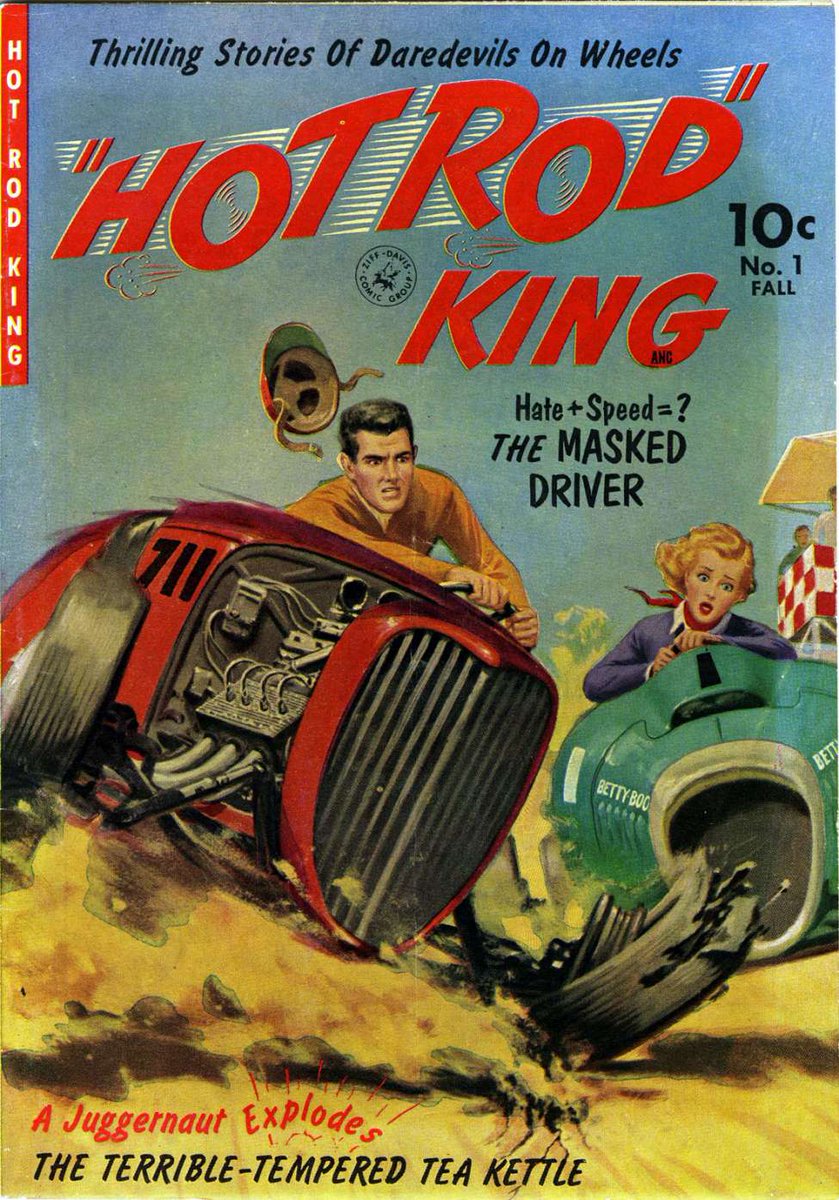 can now respond with one of four moves. The first three are:- tweet something inoffensive (TI)- tweet something controversial (TC)- do not tweet (DNT)However https://abs.twimg.com/emoji/v2/... draggable="false" alt="👿" title="Teufelchen" aria-label="Emoji: Teufelchen"> can& #39;t block https://abs.twimg.com/emoji/v2/... draggable="false" alt="🤔" title="Denkendes Gesicht" aria-label="Emoji: Denkendes Gesicht">; instead they can cause a Pile On (PO), encouraging other trolls to tweet offensively at https://abs.twimg.com/emoji/v2/... draggable="false" alt="🤔" title="Denkendes Gesicht" aria-label="Emoji: Denkendes Gesicht">." title="https://abs.twimg.com/emoji/v2/... draggable="false" alt="👿" title="Teufelchen" aria-label="Emoji: Teufelchen"> can now respond with one of four moves. The first three are:- tweet something inoffensive (TI)- tweet something controversial (TC)- do not tweet (DNT)However https://abs.twimg.com/emoji/v2/... draggable="false" alt="👿" title="Teufelchen" aria-label="Emoji: Teufelchen"> can& #39;t block https://abs.twimg.com/emoji/v2/... draggable="false" alt="🤔" title="Denkendes Gesicht" aria-label="Emoji: Denkendes Gesicht">; instead they can cause a Pile On (PO), encouraging other trolls to tweet offensively at https://abs.twimg.com/emoji/v2/... draggable="false" alt="🤔" title="Denkendes Gesicht" aria-label="Emoji: Denkendes Gesicht">." class="img-responsive" style="max-width:100%;"/>
can now respond with one of four moves. The first three are:- tweet something inoffensive (TI)- tweet something controversial (TC)- do not tweet (DNT)However https://abs.twimg.com/emoji/v2/... draggable="false" alt="👿" title="Teufelchen" aria-label="Emoji: Teufelchen"> can& #39;t block https://abs.twimg.com/emoji/v2/... draggable="false" alt="🤔" title="Denkendes Gesicht" aria-label="Emoji: Denkendes Gesicht">; instead they can cause a Pile On (PO), encouraging other trolls to tweet offensively at https://abs.twimg.com/emoji/v2/... draggable="false" alt="🤔" title="Denkendes Gesicht" aria-label="Emoji: Denkendes Gesicht">." title="https://abs.twimg.com/emoji/v2/... draggable="false" alt="👿" title="Teufelchen" aria-label="Emoji: Teufelchen"> can now respond with one of four moves. The first three are:- tweet something inoffensive (TI)- tweet something controversial (TC)- do not tweet (DNT)However https://abs.twimg.com/emoji/v2/... draggable="false" alt="👿" title="Teufelchen" aria-label="Emoji: Teufelchen"> can& #39;t block https://abs.twimg.com/emoji/v2/... draggable="false" alt="🤔" title="Denkendes Gesicht" aria-label="Emoji: Denkendes Gesicht">; instead they can cause a Pile On (PO), encouraging other trolls to tweet offensively at https://abs.twimg.com/emoji/v2/... draggable="false" alt="🤔" title="Denkendes Gesicht" aria-label="Emoji: Denkendes Gesicht">." class="img-responsive" style="max-width:100%;"/>
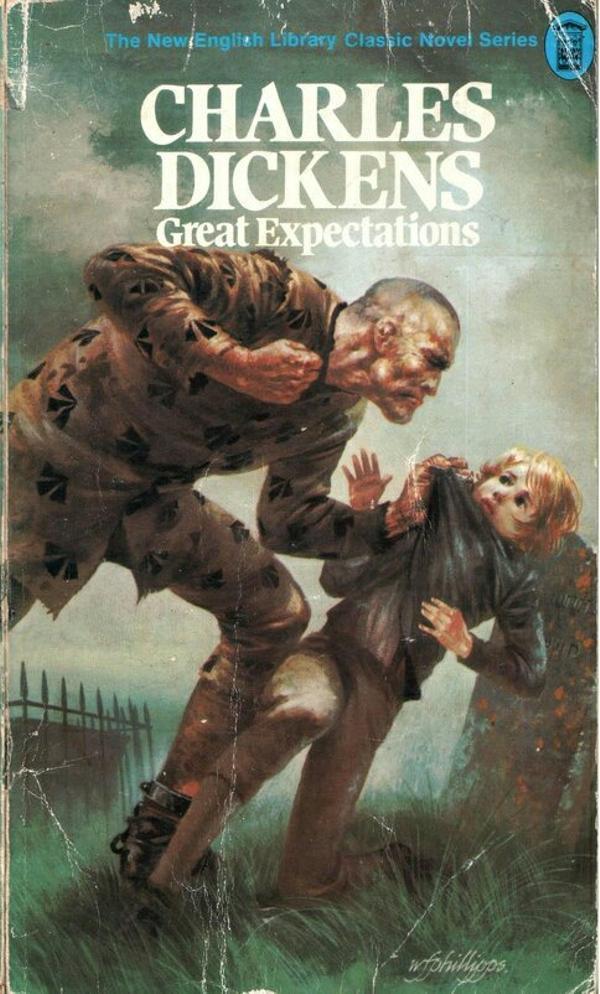 & #39;s four moves into two Troll game plays:- https://abs.twimg.com/emoji/v2/... draggable="false" alt="👿" title="Teufelchen" aria-label="Emoji: Teufelchen"> play DOVE (TI or DNT)- https://abs.twimg.com/emoji/v2/... draggable="false" alt="👿" title="Teufelchen" aria-label="Emoji: Teufelchen"> play HAWK (TC or PO)The round ends when https://abs.twimg.com/emoji/v2/... draggable="false" alt="👿" title="Teufelchen" aria-label="Emoji: Teufelchen"> makes their countermove. Even if https://abs.twimg.com/emoji/v2/... draggable="false" alt="👿" title="Teufelchen" aria-label="Emoji: Teufelchen"> sends multiple tweets the next round doesn& #39;t start until https://abs.twimg.com/emoji/v2/... draggable="false" alt="🤔" title="Denkendes Gesicht" aria-label="Emoji: Denkendes Gesicht"> makes their follow-up move." title="Now we can group https://abs.twimg.com/emoji/v2/... draggable="false" alt="👿" title="Teufelchen" aria-label="Emoji: Teufelchen">& #39;s four moves into two Troll game plays:- https://abs.twimg.com/emoji/v2/... draggable="false" alt="👿" title="Teufelchen" aria-label="Emoji: Teufelchen"> play DOVE (TI or DNT)- https://abs.twimg.com/emoji/v2/... draggable="false" alt="👿" title="Teufelchen" aria-label="Emoji: Teufelchen"> play HAWK (TC or PO)The round ends when https://abs.twimg.com/emoji/v2/... draggable="false" alt="👿" title="Teufelchen" aria-label="Emoji: Teufelchen"> makes their countermove. Even if https://abs.twimg.com/emoji/v2/... draggable="false" alt="👿" title="Teufelchen" aria-label="Emoji: Teufelchen"> sends multiple tweets the next round doesn& #39;t start until https://abs.twimg.com/emoji/v2/... draggable="false" alt="🤔" title="Denkendes Gesicht" aria-label="Emoji: Denkendes Gesicht"> makes their follow-up move." class="img-responsive" style="max-width:100%;"/>
& #39;s four moves into two Troll game plays:- https://abs.twimg.com/emoji/v2/... draggable="false" alt="👿" title="Teufelchen" aria-label="Emoji: Teufelchen"> play DOVE (TI or DNT)- https://abs.twimg.com/emoji/v2/... draggable="false" alt="👿" title="Teufelchen" aria-label="Emoji: Teufelchen"> play HAWK (TC or PO)The round ends when https://abs.twimg.com/emoji/v2/... draggable="false" alt="👿" title="Teufelchen" aria-label="Emoji: Teufelchen"> makes their countermove. Even if https://abs.twimg.com/emoji/v2/... draggable="false" alt="👿" title="Teufelchen" aria-label="Emoji: Teufelchen"> sends multiple tweets the next round doesn& #39;t start until https://abs.twimg.com/emoji/v2/... draggable="false" alt="🤔" title="Denkendes Gesicht" aria-label="Emoji: Denkendes Gesicht"> makes their follow-up move." title="Now we can group https://abs.twimg.com/emoji/v2/... draggable="false" alt="👿" title="Teufelchen" aria-label="Emoji: Teufelchen">& #39;s four moves into two Troll game plays:- https://abs.twimg.com/emoji/v2/... draggable="false" alt="👿" title="Teufelchen" aria-label="Emoji: Teufelchen"> play DOVE (TI or DNT)- https://abs.twimg.com/emoji/v2/... draggable="false" alt="👿" title="Teufelchen" aria-label="Emoji: Teufelchen"> play HAWK (TC or PO)The round ends when https://abs.twimg.com/emoji/v2/... draggable="false" alt="👿" title="Teufelchen" aria-label="Emoji: Teufelchen"> makes their countermove. Even if https://abs.twimg.com/emoji/v2/... draggable="false" alt="👿" title="Teufelchen" aria-label="Emoji: Teufelchen"> sends multiple tweets the next round doesn& #39;t start until https://abs.twimg.com/emoji/v2/... draggable="false" alt="🤔" title="Denkendes Gesicht" aria-label="Emoji: Denkendes Gesicht"> makes their follow-up move." class="img-responsive" style="max-width:100%;"/>
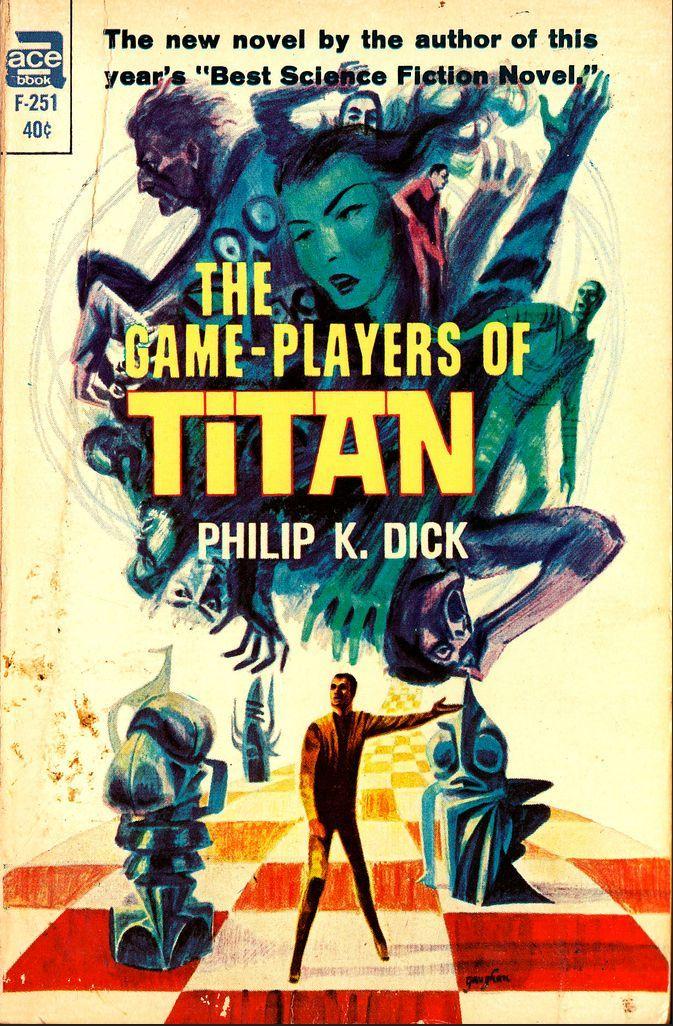 and https://abs.twimg.com/emoji/v2/... draggable="false" alt="👿" title="Teufelchen" aria-label="Emoji: Teufelchen"> play a DOVE move, or;- https://abs.twimg.com/emoji/v2/... draggable="false" alt="🤔" title="Denkendes Gesicht" aria-label="Emoji: Denkendes Gesicht"> blocks https://abs.twimg.com/emoji/v2/... draggable="false" alt="👿" title="Teufelchen" aria-label="Emoji: Teufelchen">, or;- https://abs.twimg.com/emoji/v2/... draggable="false" alt="🤔" title="Denkendes Gesicht" aria-label="Emoji: Denkendes Gesicht"> gives up and stops tweeting.Then the game ends. We score each round and decide who won the game overall." title="The Troll Game continues round after round until:- both https://abs.twimg.com/emoji/v2/... draggable="false" alt="🤔" title="Denkendes Gesicht" aria-label="Emoji: Denkendes Gesicht"> and https://abs.twimg.com/emoji/v2/... draggable="false" alt="👿" title="Teufelchen" aria-label="Emoji: Teufelchen"> play a DOVE move, or;- https://abs.twimg.com/emoji/v2/... draggable="false" alt="🤔" title="Denkendes Gesicht" aria-label="Emoji: Denkendes Gesicht"> blocks https://abs.twimg.com/emoji/v2/... draggable="false" alt="👿" title="Teufelchen" aria-label="Emoji: Teufelchen">, or;- https://abs.twimg.com/emoji/v2/... draggable="false" alt="🤔" title="Denkendes Gesicht" aria-label="Emoji: Denkendes Gesicht"> gives up and stops tweeting.Then the game ends. We score each round and decide who won the game overall." class="img-responsive" style="max-width:100%;"/>
and https://abs.twimg.com/emoji/v2/... draggable="false" alt="👿" title="Teufelchen" aria-label="Emoji: Teufelchen"> play a DOVE move, or;- https://abs.twimg.com/emoji/v2/... draggable="false" alt="🤔" title="Denkendes Gesicht" aria-label="Emoji: Denkendes Gesicht"> blocks https://abs.twimg.com/emoji/v2/... draggable="false" alt="👿" title="Teufelchen" aria-label="Emoji: Teufelchen">, or;- https://abs.twimg.com/emoji/v2/... draggable="false" alt="🤔" title="Denkendes Gesicht" aria-label="Emoji: Denkendes Gesicht"> gives up and stops tweeting.Then the game ends. We score each round and decide who won the game overall." title="The Troll Game continues round after round until:- both https://abs.twimg.com/emoji/v2/... draggable="false" alt="🤔" title="Denkendes Gesicht" aria-label="Emoji: Denkendes Gesicht"> and https://abs.twimg.com/emoji/v2/... draggable="false" alt="👿" title="Teufelchen" aria-label="Emoji: Teufelchen"> play a DOVE move, or;- https://abs.twimg.com/emoji/v2/... draggable="false" alt="🤔" title="Denkendes Gesicht" aria-label="Emoji: Denkendes Gesicht"> blocks https://abs.twimg.com/emoji/v2/... draggable="false" alt="👿" title="Teufelchen" aria-label="Emoji: Teufelchen">, or;- https://abs.twimg.com/emoji/v2/... draggable="false" alt="🤔" title="Denkendes Gesicht" aria-label="Emoji: Denkendes Gesicht"> gives up and stops tweeting.Then the game ends. We score each round and decide who won the game overall." class="img-responsive" style="max-width:100%;"/>
 and https://abs.twimg.com/emoji/v2/... draggable="false" alt="👿" title="Teufelchen" aria-label="Emoji: Teufelchen"> are hoping to achieve.This leads to two possible versions of the game..." title="So how do we score the Troll game? Well we decide the utility value each move is worth for each player, based on what https://abs.twimg.com/emoji/v2/... draggable="false" alt="🤔" title="Denkendes Gesicht" aria-label="Emoji: Denkendes Gesicht"> and https://abs.twimg.com/emoji/v2/... draggable="false" alt="👿" title="Teufelchen" aria-label="Emoji: Teufelchen"> are hoping to achieve.This leads to two possible versions of the game..." class="img-responsive" style="max-width:100%;"/>
and https://abs.twimg.com/emoji/v2/... draggable="false" alt="👿" title="Teufelchen" aria-label="Emoji: Teufelchen"> are hoping to achieve.This leads to two possible versions of the game..." title="So how do we score the Troll game? Well we decide the utility value each move is worth for each player, based on what https://abs.twimg.com/emoji/v2/... draggable="false" alt="🤔" title="Denkendes Gesicht" aria-label="Emoji: Denkendes Gesicht"> and https://abs.twimg.com/emoji/v2/... draggable="false" alt="👿" title="Teufelchen" aria-label="Emoji: Teufelchen"> are hoping to achieve.This leads to two possible versions of the game..." class="img-responsive" style="max-width:100%;"/>
 simply wants to tweet without being trolled by https://abs.twimg.com/emoji/v2/... draggable="false" alt="👿" title="Teufelchen" aria-label="Emoji: Teufelchen">, or without acting like a troll themselves:- if https://abs.twimg.com/emoji/v2/... draggable="false" alt="🤔" title="Denkendes Gesicht" aria-label="Emoji: Denkendes Gesicht"> plays DOVE they win 1 point.- if https://abs.twimg.com/emoji/v2/... draggable="false" alt="🤔" title="Denkendes Gesicht" aria-label="Emoji: Denkendes Gesicht"> plays HAWK they win no points.Basically https://abs.twimg.com/emoji/v2/... draggable="false" alt="🤔" title="Denkendes Gesicht" aria-label="Emoji: Denkendes Gesicht"> strongly dislikes conflict!" title="Let& #39;s call the first version & #39;Quiet Life.& #39; https://abs.twimg.com/emoji/v2/... draggable="false" alt="🤔" title="Denkendes Gesicht" aria-label="Emoji: Denkendes Gesicht"> simply wants to tweet without being trolled by https://abs.twimg.com/emoji/v2/... draggable="false" alt="👿" title="Teufelchen" aria-label="Emoji: Teufelchen">, or without acting like a troll themselves:- if https://abs.twimg.com/emoji/v2/... draggable="false" alt="🤔" title="Denkendes Gesicht" aria-label="Emoji: Denkendes Gesicht"> plays DOVE they win 1 point.- if https://abs.twimg.com/emoji/v2/... draggable="false" alt="🤔" title="Denkendes Gesicht" aria-label="Emoji: Denkendes Gesicht"> plays HAWK they win no points.Basically https://abs.twimg.com/emoji/v2/... draggable="false" alt="🤔" title="Denkendes Gesicht" aria-label="Emoji: Denkendes Gesicht"> strongly dislikes conflict!" class="img-responsive" style="max-width:100%;"/>
simply wants to tweet without being trolled by https://abs.twimg.com/emoji/v2/... draggable="false" alt="👿" title="Teufelchen" aria-label="Emoji: Teufelchen">, or without acting like a troll themselves:- if https://abs.twimg.com/emoji/v2/... draggable="false" alt="🤔" title="Denkendes Gesicht" aria-label="Emoji: Denkendes Gesicht"> plays DOVE they win 1 point.- if https://abs.twimg.com/emoji/v2/... draggable="false" alt="🤔" title="Denkendes Gesicht" aria-label="Emoji: Denkendes Gesicht"> plays HAWK they win no points.Basically https://abs.twimg.com/emoji/v2/... draggable="false" alt="🤔" title="Denkendes Gesicht" aria-label="Emoji: Denkendes Gesicht"> strongly dislikes conflict!" title="Let& #39;s call the first version & #39;Quiet Life.& #39; https://abs.twimg.com/emoji/v2/... draggable="false" alt="🤔" title="Denkendes Gesicht" aria-label="Emoji: Denkendes Gesicht"> simply wants to tweet without being trolled by https://abs.twimg.com/emoji/v2/... draggable="false" alt="👿" title="Teufelchen" aria-label="Emoji: Teufelchen">, or without acting like a troll themselves:- if https://abs.twimg.com/emoji/v2/... draggable="false" alt="🤔" title="Denkendes Gesicht" aria-label="Emoji: Denkendes Gesicht"> plays DOVE they win 1 point.- if https://abs.twimg.com/emoji/v2/... draggable="false" alt="🤔" title="Denkendes Gesicht" aria-label="Emoji: Denkendes Gesicht"> plays HAWK they win no points.Basically https://abs.twimg.com/emoji/v2/... draggable="false" alt="🤔" title="Denkendes Gesicht" aria-label="Emoji: Denkendes Gesicht"> strongly dislikes conflict!" class="img-responsive" style="max-width:100%;"/>
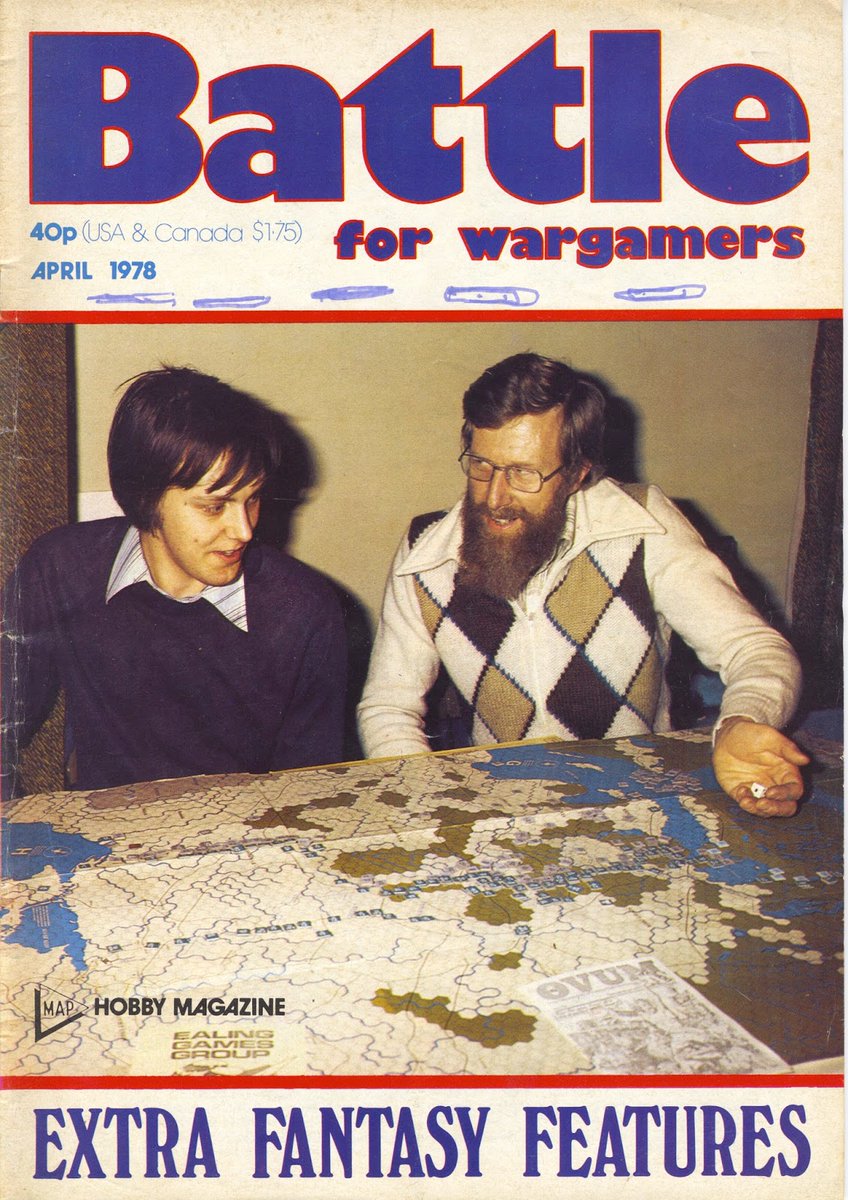 finds trolling other people very rewarding: they win 2 points for every HAWK move they make. They win no points for playing DOVE.https://abs.twimg.com/emoji/v2/... draggable="false" alt="👿" title="Teufelchen" aria-label="Emoji: Teufelchen"> only plays HAWK when they are triggered by https://abs.twimg.com/emoji/v2/... draggable="false" alt="🤔" title="Denkendes Gesicht" aria-label="Emoji: Denkendes Gesicht">. But https://abs.twimg.com/emoji/v2/... draggable="false" alt="🤔" title="Denkendes Gesicht" aria-label="Emoji: Denkendes Gesicht"> is never sure what will trigger https://abs.twimg.com/emoji/v2/... draggable="false" alt="👿" title="Teufelchen" aria-label="Emoji: Teufelchen">. Even a TI move by https://abs.twimg.com/emoji/v2/... draggable="false" alt="🤔" title="Denkendes Gesicht" aria-label="Emoji: Denkendes Gesicht"> will trigger https://abs.twimg.com/emoji/v2/... draggable="false" alt="👿" title="Teufelchen" aria-label="Emoji: Teufelchen"> 50% of the time." title="https://abs.twimg.com/emoji/v2/... draggable="false" alt="👿" title="Teufelchen" aria-label="Emoji: Teufelchen"> finds trolling other people very rewarding: they win 2 points for every HAWK move they make. They win no points for playing DOVE.https://abs.twimg.com/emoji/v2/... draggable="false" alt="👿" title="Teufelchen" aria-label="Emoji: Teufelchen"> only plays HAWK when they are triggered by https://abs.twimg.com/emoji/v2/... draggable="false" alt="🤔" title="Denkendes Gesicht" aria-label="Emoji: Denkendes Gesicht">. But https://abs.twimg.com/emoji/v2/... draggable="false" alt="🤔" title="Denkendes Gesicht" aria-label="Emoji: Denkendes Gesicht"> is never sure what will trigger https://abs.twimg.com/emoji/v2/... draggable="false" alt="👿" title="Teufelchen" aria-label="Emoji: Teufelchen">. Even a TI move by https://abs.twimg.com/emoji/v2/... draggable="false" alt="🤔" title="Denkendes Gesicht" aria-label="Emoji: Denkendes Gesicht"> will trigger https://abs.twimg.com/emoji/v2/... draggable="false" alt="👿" title="Teufelchen" aria-label="Emoji: Teufelchen"> 50% of the time." class="img-responsive" style="max-width:100%;"/>
finds trolling other people very rewarding: they win 2 points for every HAWK move they make. They win no points for playing DOVE.https://abs.twimg.com/emoji/v2/... draggable="false" alt="👿" title="Teufelchen" aria-label="Emoji: Teufelchen"> only plays HAWK when they are triggered by https://abs.twimg.com/emoji/v2/... draggable="false" alt="🤔" title="Denkendes Gesicht" aria-label="Emoji: Denkendes Gesicht">. But https://abs.twimg.com/emoji/v2/... draggable="false" alt="🤔" title="Denkendes Gesicht" aria-label="Emoji: Denkendes Gesicht"> is never sure what will trigger https://abs.twimg.com/emoji/v2/... draggable="false" alt="👿" title="Teufelchen" aria-label="Emoji: Teufelchen">. Even a TI move by https://abs.twimg.com/emoji/v2/... draggable="false" alt="🤔" title="Denkendes Gesicht" aria-label="Emoji: Denkendes Gesicht"> will trigger https://abs.twimg.com/emoji/v2/... draggable="false" alt="👿" title="Teufelchen" aria-label="Emoji: Teufelchen"> 50% of the time." title="https://abs.twimg.com/emoji/v2/... draggable="false" alt="👿" title="Teufelchen" aria-label="Emoji: Teufelchen"> finds trolling other people very rewarding: they win 2 points for every HAWK move they make. They win no points for playing DOVE.https://abs.twimg.com/emoji/v2/... draggable="false" alt="👿" title="Teufelchen" aria-label="Emoji: Teufelchen"> only plays HAWK when they are triggered by https://abs.twimg.com/emoji/v2/... draggable="false" alt="🤔" title="Denkendes Gesicht" aria-label="Emoji: Denkendes Gesicht">. But https://abs.twimg.com/emoji/v2/... draggable="false" alt="🤔" title="Denkendes Gesicht" aria-label="Emoji: Denkendes Gesicht"> is never sure what will trigger https://abs.twimg.com/emoji/v2/... draggable="false" alt="👿" title="Teufelchen" aria-label="Emoji: Teufelchen">. Even a TI move by https://abs.twimg.com/emoji/v2/... draggable="false" alt="🤔" title="Denkendes Gesicht" aria-label="Emoji: Denkendes Gesicht"> will trigger https://abs.twimg.com/emoji/v2/... draggable="false" alt="👿" title="Teufelchen" aria-label="Emoji: Teufelchen"> 50% of the time." class="img-responsive" style="max-width:100%;"/>
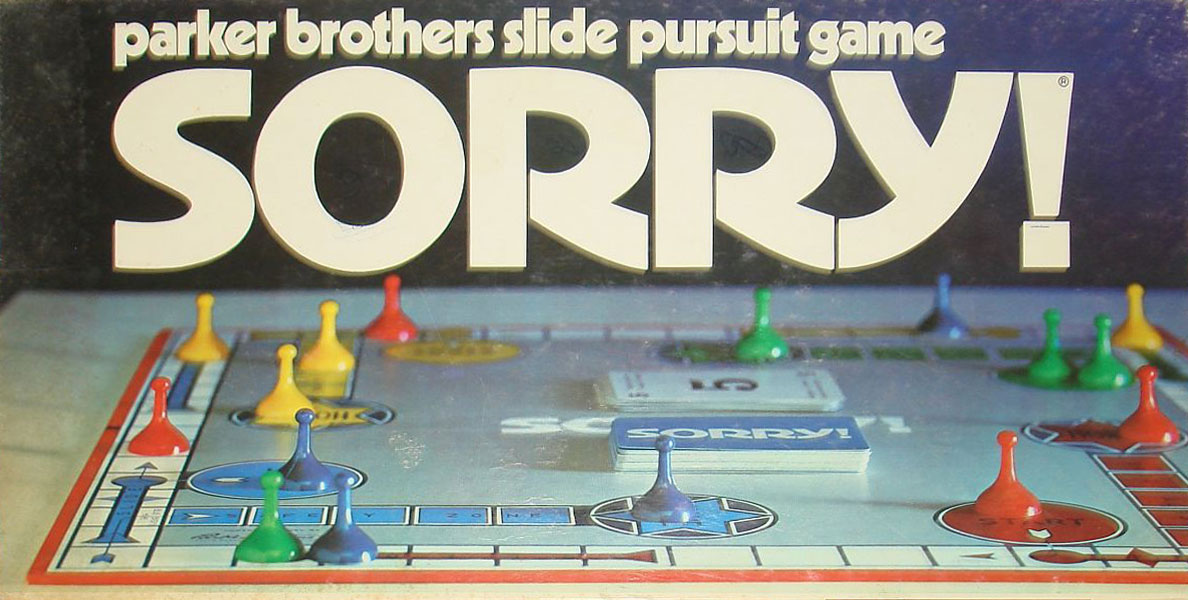 playing the & #39;Quiet Life& #39; game.Well iit& #39;s bad news: they only win 50% of single round games by playing DOVE and lose all multi-round games. Most strategies leave https://abs.twimg.com/emoji/v2/... draggable="false" alt="👿" title="Teufelchen" aria-label="Emoji: Teufelchen"> winning the game on points!" title="Now we compute how different strategies work out for https://abs.twimg.com/emoji/v2/... draggable="false" alt="🤔" title="Denkendes Gesicht" aria-label="Emoji: Denkendes Gesicht"> playing the & #39;Quiet Life& #39; game.Well iit& #39;s bad news: they only win 50% of single round games by playing DOVE and lose all multi-round games. Most strategies leave https://abs.twimg.com/emoji/v2/... draggable="false" alt="👿" title="Teufelchen" aria-label="Emoji: Teufelchen"> winning the game on points!" class="img-responsive" style="max-width:100%;"/>
playing the & #39;Quiet Life& #39; game.Well iit& #39;s bad news: they only win 50% of single round games by playing DOVE and lose all multi-round games. Most strategies leave https://abs.twimg.com/emoji/v2/... draggable="false" alt="👿" title="Teufelchen" aria-label="Emoji: Teufelchen"> winning the game on points!" title="Now we compute how different strategies work out for https://abs.twimg.com/emoji/v2/... draggable="false" alt="🤔" title="Denkendes Gesicht" aria-label="Emoji: Denkendes Gesicht"> playing the & #39;Quiet Life& #39; game.Well iit& #39;s bad news: they only win 50% of single round games by playing DOVE and lose all multi-round games. Most strategies leave https://abs.twimg.com/emoji/v2/... draggable="false" alt="👿" title="Teufelchen" aria-label="Emoji: Teufelchen"> winning the game on points!" class="img-responsive" style="max-width:100%;"/>
 wants to say what they really think and will deal with https://abs.twimg.com/emoji/v2/... draggable="false" alt="👿" title="Teufelchen" aria-label="Emoji: Teufelchen"> if and when they reply. In this version we score a bit differently..." title="Now let& #39;s play a different version of the Troll Game, one we will call & #39;Right To Speak& #39;. Here https://abs.twimg.com/emoji/v2/... draggable="false" alt="🤔" title="Denkendes Gesicht" aria-label="Emoji: Denkendes Gesicht"> wants to say what they really think and will deal with https://abs.twimg.com/emoji/v2/... draggable="false" alt="👿" title="Teufelchen" aria-label="Emoji: Teufelchen"> if and when they reply. In this version we score a bit differently..." class="img-responsive" style="max-width:100%;"/>
wants to say what they really think and will deal with https://abs.twimg.com/emoji/v2/... draggable="false" alt="👿" title="Teufelchen" aria-label="Emoji: Teufelchen"> if and when they reply. In this version we score a bit differently..." title="Now let& #39;s play a different version of the Troll Game, one we will call & #39;Right To Speak& #39;. Here https://abs.twimg.com/emoji/v2/... draggable="false" alt="🤔" title="Denkendes Gesicht" aria-label="Emoji: Denkendes Gesicht"> wants to say what they really think and will deal with https://abs.twimg.com/emoji/v2/... draggable="false" alt="👿" title="Teufelchen" aria-label="Emoji: Teufelchen"> if and when they reply. In this version we score a bit differently..." class="img-responsive" style="max-width:100%;"/>
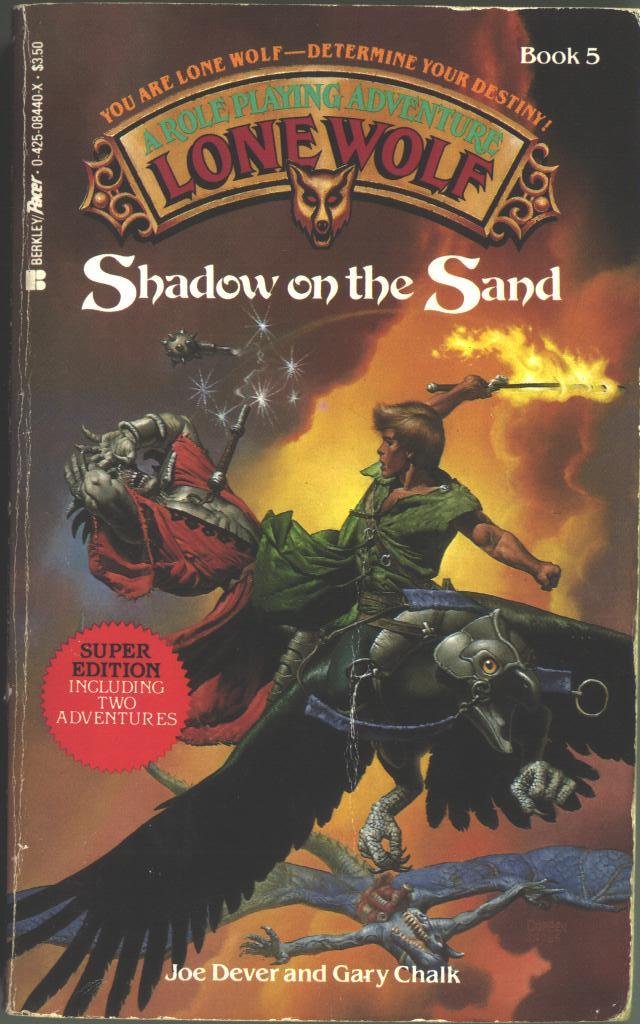 plays DOVE they still win 1 point.- but if https://abs.twimg.com/emoji/v2/... draggable="false" alt="🤔" title="Denkendes Gesicht" aria-label="Emoji: Denkendes Gesicht"> plays HAWK they also win 1 point.Avoiding https://abs.twimg.com/emoji/v2/... draggable="false" alt="👿" title="Teufelchen" aria-label="Emoji: Teufelchen"> is no longer a neutral outcome for https://abs.twimg.com/emoji/v2/... draggable="false" alt="🤔" title="Denkendes Gesicht" aria-label="Emoji: Denkendes Gesicht"> in this game.https://abs.twimg.com/emoji/v2/... draggable="false" alt="👿" title="Teufelchen" aria-label="Emoji: Teufelchen"> Is scored the same as in & #39;Quiet Life& #39;: 2 points for HAWK and no points for DOVE." title="In & #39;Right To Speak& #39;:- if https://abs.twimg.com/emoji/v2/... draggable="false" alt="🤔" title="Denkendes Gesicht" aria-label="Emoji: Denkendes Gesicht"> plays DOVE they still win 1 point.- but if https://abs.twimg.com/emoji/v2/... draggable="false" alt="🤔" title="Denkendes Gesicht" aria-label="Emoji: Denkendes Gesicht"> plays HAWK they also win 1 point.Avoiding https://abs.twimg.com/emoji/v2/... draggable="false" alt="👿" title="Teufelchen" aria-label="Emoji: Teufelchen"> is no longer a neutral outcome for https://abs.twimg.com/emoji/v2/... draggable="false" alt="🤔" title="Denkendes Gesicht" aria-label="Emoji: Denkendes Gesicht"> in this game.https://abs.twimg.com/emoji/v2/... draggable="false" alt="👿" title="Teufelchen" aria-label="Emoji: Teufelchen"> Is scored the same as in & #39;Quiet Life& #39;: 2 points for HAWK and no points for DOVE." class="img-responsive" style="max-width:100%;"/>
plays DOVE they still win 1 point.- but if https://abs.twimg.com/emoji/v2/... draggable="false" alt="🤔" title="Denkendes Gesicht" aria-label="Emoji: Denkendes Gesicht"> plays HAWK they also win 1 point.Avoiding https://abs.twimg.com/emoji/v2/... draggable="false" alt="👿" title="Teufelchen" aria-label="Emoji: Teufelchen"> is no longer a neutral outcome for https://abs.twimg.com/emoji/v2/... draggable="false" alt="🤔" title="Denkendes Gesicht" aria-label="Emoji: Denkendes Gesicht"> in this game.https://abs.twimg.com/emoji/v2/... draggable="false" alt="👿" title="Teufelchen" aria-label="Emoji: Teufelchen"> Is scored the same as in & #39;Quiet Life& #39;: 2 points for HAWK and no points for DOVE." title="In & #39;Right To Speak& #39;:- if https://abs.twimg.com/emoji/v2/... draggable="false" alt="🤔" title="Denkendes Gesicht" aria-label="Emoji: Denkendes Gesicht"> plays DOVE they still win 1 point.- but if https://abs.twimg.com/emoji/v2/... draggable="false" alt="🤔" title="Denkendes Gesicht" aria-label="Emoji: Denkendes Gesicht"> plays HAWK they also win 1 point.Avoiding https://abs.twimg.com/emoji/v2/... draggable="false" alt="👿" title="Teufelchen" aria-label="Emoji: Teufelchen"> is no longer a neutral outcome for https://abs.twimg.com/emoji/v2/... draggable="false" alt="🤔" title="Denkendes Gesicht" aria-label="Emoji: Denkendes Gesicht"> in this game.https://abs.twimg.com/emoji/v2/... draggable="false" alt="👿" title="Teufelchen" aria-label="Emoji: Teufelchen"> Is scored the same as in & #39;Quiet Life& #39;: 2 points for HAWK and no points for DOVE." class="img-responsive" style="max-width:100%;"/>
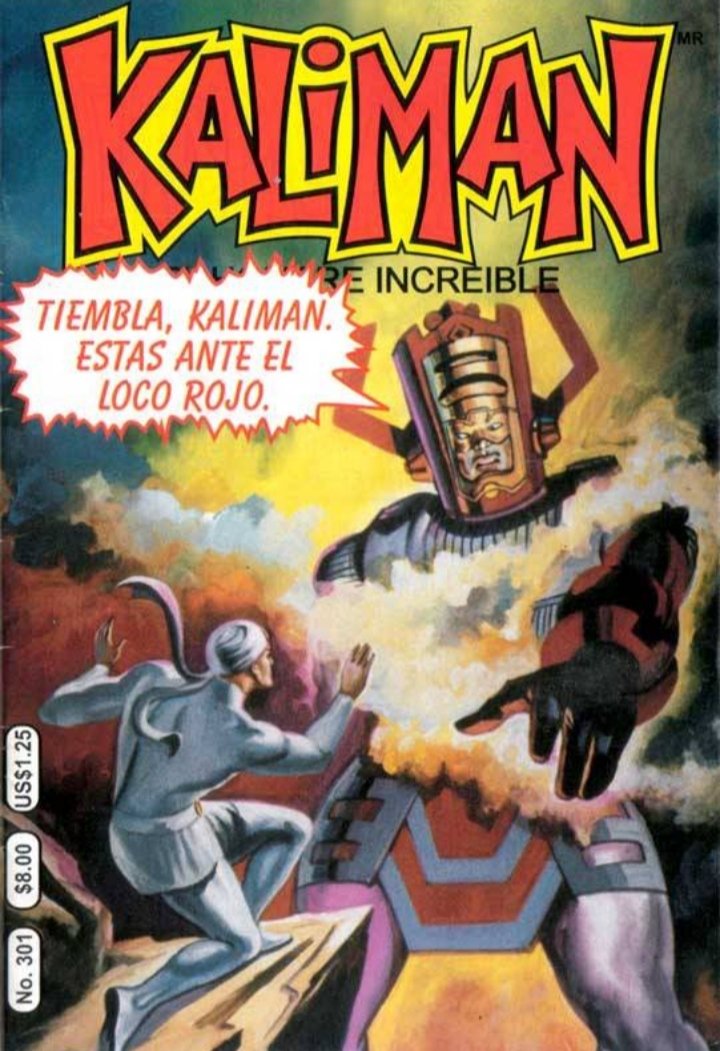 plays either HAWK or DOVE in round 1 and then plays BTT in round 2 the game always ends in a draw.- if https://abs.twimg.com/emoji/v2/... draggable="false" alt="🤔" title="Denkendes Gesicht" aria-label="Emoji: Denkendes Gesicht"> plays any other move in round 2 then https://abs.twimg.com/emoji/v2/... draggable="false" alt="👿" title="Teufelchen" aria-label="Emoji: Teufelchen"> always wins on points." title="Now we calculate the game and we find something interesting:- if https://abs.twimg.com/emoji/v2/... draggable="false" alt="🤔" title="Denkendes Gesicht" aria-label="Emoji: Denkendes Gesicht"> plays either HAWK or DOVE in round 1 and then plays BTT in round 2 the game always ends in a draw.- if https://abs.twimg.com/emoji/v2/... draggable="false" alt="🤔" title="Denkendes Gesicht" aria-label="Emoji: Denkendes Gesicht"> plays any other move in round 2 then https://abs.twimg.com/emoji/v2/... draggable="false" alt="👿" title="Teufelchen" aria-label="Emoji: Teufelchen"> always wins on points." class="img-responsive" style="max-width:100%;"/>
plays either HAWK or DOVE in round 1 and then plays BTT in round 2 the game always ends in a draw.- if https://abs.twimg.com/emoji/v2/... draggable="false" alt="🤔" title="Denkendes Gesicht" aria-label="Emoji: Denkendes Gesicht"> plays any other move in round 2 then https://abs.twimg.com/emoji/v2/... draggable="false" alt="👿" title="Teufelchen" aria-label="Emoji: Teufelchen"> always wins on points." title="Now we calculate the game and we find something interesting:- if https://abs.twimg.com/emoji/v2/... draggable="false" alt="🤔" title="Denkendes Gesicht" aria-label="Emoji: Denkendes Gesicht"> plays either HAWK or DOVE in round 1 and then plays BTT in round 2 the game always ends in a draw.- if https://abs.twimg.com/emoji/v2/... draggable="false" alt="🤔" title="Denkendes Gesicht" aria-label="Emoji: Denkendes Gesicht"> plays any other move in round 2 then https://abs.twimg.com/emoji/v2/... draggable="false" alt="👿" title="Teufelchen" aria-label="Emoji: Teufelchen"> always wins on points." class="img-responsive" style="max-width:100%;"/>
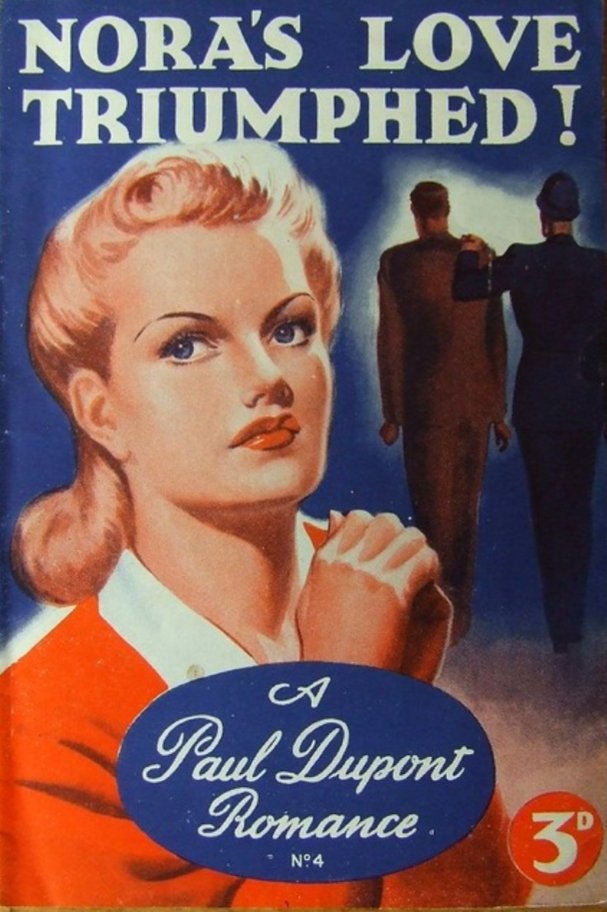 should:- always play the & #39;Right To Speak& #39; version of the Troll game.- should always block https://abs.twimg.com/emoji/v2/... draggable="false" alt="👿" title="Teufelchen" aria-label="Emoji: Teufelchen"> as soon as https://abs.twimg.com/emoji/v2/... draggable="false" alt="👿" title="Teufelchen" aria-label="Emoji: Teufelchen"> plays a hawk move." title="So, based on these examples, game theory suggests that https://abs.twimg.com/emoji/v2/... draggable="false" alt="🤔" title="Denkendes Gesicht" aria-label="Emoji: Denkendes Gesicht"> should:- always play the & #39;Right To Speak& #39; version of the Troll game.- should always block https://abs.twimg.com/emoji/v2/... draggable="false" alt="👿" title="Teufelchen" aria-label="Emoji: Teufelchen"> as soon as https://abs.twimg.com/emoji/v2/... draggable="false" alt="👿" title="Teufelchen" aria-label="Emoji: Teufelchen"> plays a hawk move." class="img-responsive" style="max-width:100%;"/>
should:- always play the & #39;Right To Speak& #39; version of the Troll game.- should always block https://abs.twimg.com/emoji/v2/... draggable="false" alt="👿" title="Teufelchen" aria-label="Emoji: Teufelchen"> as soon as https://abs.twimg.com/emoji/v2/... draggable="false" alt="👿" title="Teufelchen" aria-label="Emoji: Teufelchen"> plays a hawk move." title="So, based on these examples, game theory suggests that https://abs.twimg.com/emoji/v2/... draggable="false" alt="🤔" title="Denkendes Gesicht" aria-label="Emoji: Denkendes Gesicht"> should:- always play the & #39;Right To Speak& #39; version of the Troll game.- should always block https://abs.twimg.com/emoji/v2/... draggable="false" alt="👿" title="Teufelchen" aria-label="Emoji: Teufelchen"> as soon as https://abs.twimg.com/emoji/v2/... draggable="false" alt="👿" title="Teufelchen" aria-label="Emoji: Teufelchen"> plays a hawk move." class="img-responsive" style="max-width:100%;"/>
